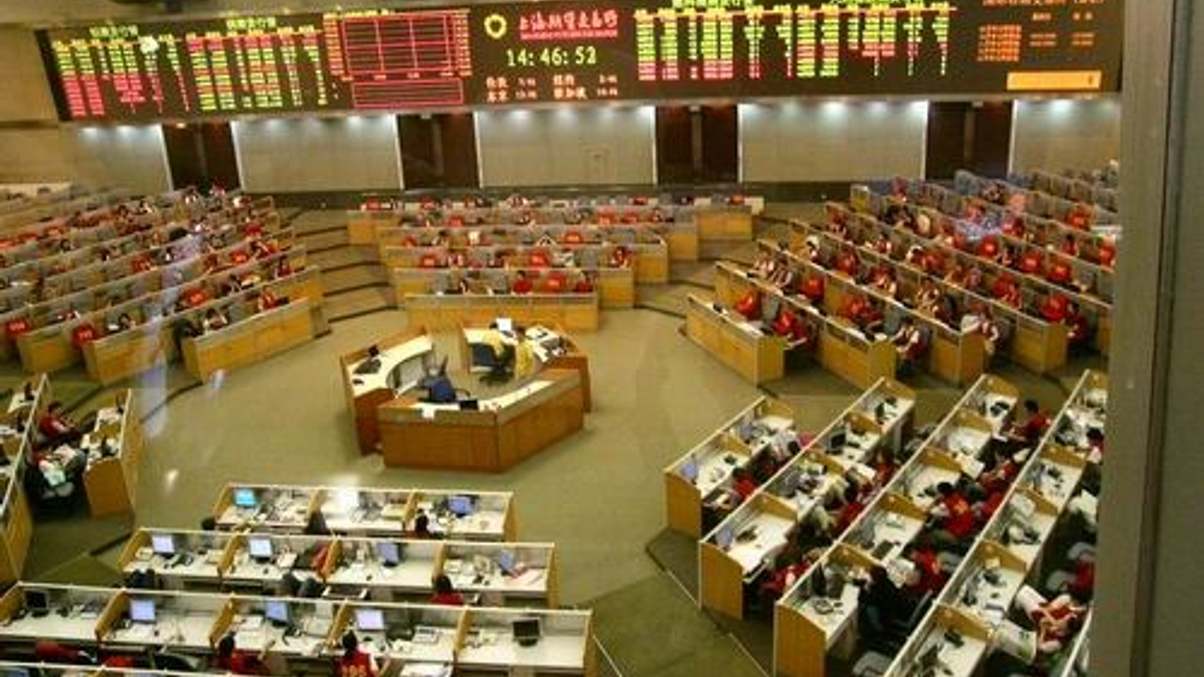China warms to CTAs, but foreigners remain wary
Mainland regulators have signaled their eagerness to have overseas participation in onshore CTA funds, but regulations still need to be defined.

Sign in to read on!
Registered users get 2 free articles in 30 days.
Subscribers have full unlimited access to AsianInvestor
Not signed up? New users get 2 free articles per month, plus a 7-day unlimited free trial.
¬ Haymarket Media Limited. All rights reserved.


